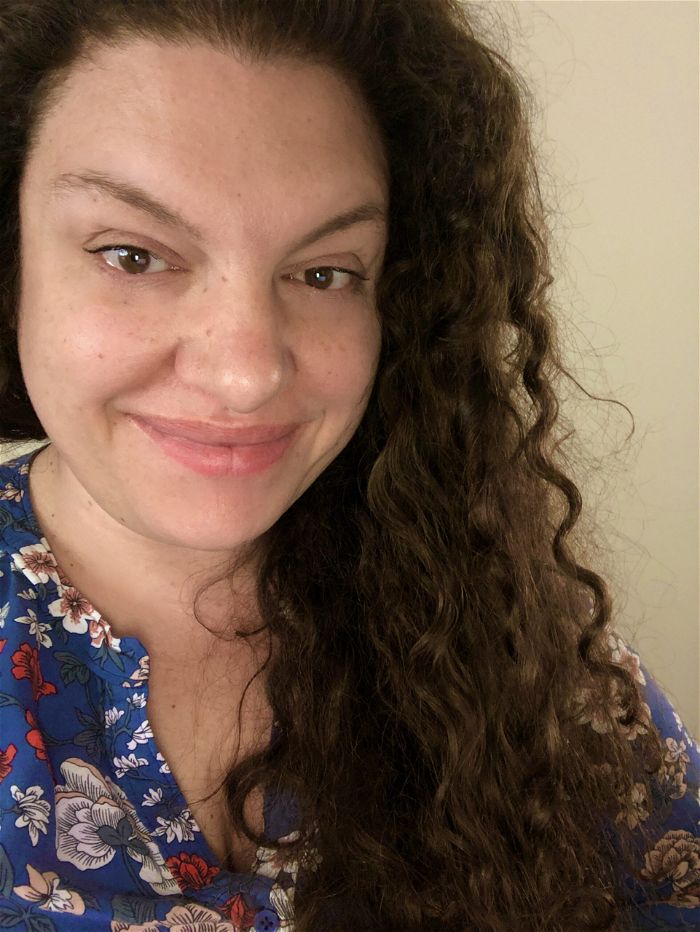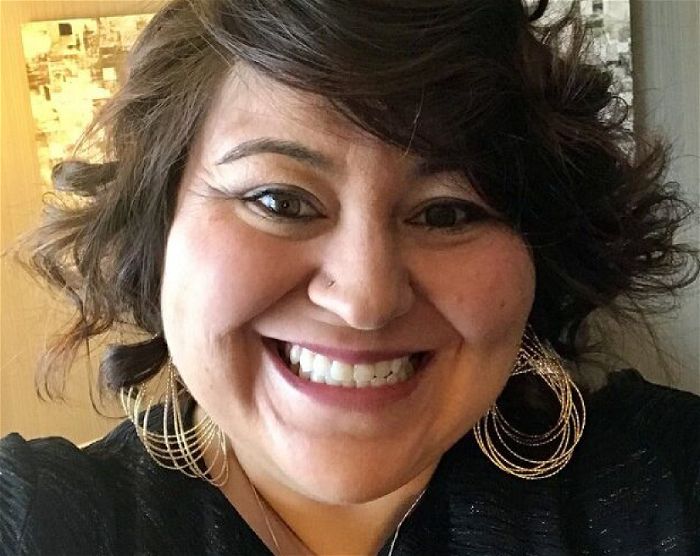
Center for Justice & Economic Advancement
Every person with a record should have a fair chance to secure a quality job and a better life.

People with records face persistent barriers to success in education and the workforce because of policies and practices that exclude them from quality jobs matching their skills and aspirations. This leaves 70 million people on the sidelines of the labor market.
Jobs for the Future’s Center for Justice & Economic Advancement partners with employers, education and training providers, corrections agencies, and others to promote education, training, and fair chance hiring for people in corrections facilities and in communities. We work with state and federal policymakers to advocate for policy changes and share best practices so people with records can secure quality jobs.
Key Initiatives

Normalizing Opportunity Policy Agenda
We advocate for state and federal policy solutions that remove barriers and establish conditions that create equitable economic advancement for people with records.
Fair Chance Employment Initiatives
Our Fair Chance Corporate Cohort helps employers tap into a diverse pool of talent and create an inclusive environment so individuals with records thrive in the workplace.
Postsecondary Attainment and Talent Development
Working with education institutions, corrections agencies, and workforce systems, we promote models, practices, and policies that ensure people with records can access high-quality credentials in corrections and in communities.
News & Ideas

Jobs for the Future Launches the Normalizing Education Collective
A Transformative Community of Practice for Postsecondary Education in Prison

A Strong REO Program Helps Build A Strong Workforce
Using our Normalizing Opportunity policy framework as a guide for systemic change, we are developing policy briefs and other strategic resources with recommendations about where change needs to occur and how to create conditions that enable opportunity. We will regularly update this page with new data, insights, and ideas as we expand our ongoing research and collaborate with new partners who share our commitment to normalizing opportunity. Download "A Strong REO Program Helps Build A Strong Workforce" below.

Normalizing Opportunity: A Policy Agenda to Promote Economic Advancement for People With Criminal Records
JFF calls on policymakers to break down barriers to economic opportunity—and establish policies that create equitable economic advancement—for the 70 million people in the United States with criminal records. Our actionable recommendations will expand the talent pool available to fill critical workforce gaps and build a more equitable and just society.
Featured Projects

Fair Chance Corporate Cohort
Designed for organizations looking to build inclusive, competitive, and thriving workforces, this virtual employer training program provides organizational leaders with the knowledge and skills necessary to adopt and implement fair chance hiring practices so that people with records have access to quality jobs.

Normalizing Opportunity Advocacy Campaign
Through original artwork by legendary artist and activist Brandan “BMike” Odums and poetry by acclaimed writer Jazmine Williams, this advocacy campaign showcases the transformational work of iconic justice advocates Susan Burton, John Gargano, and McKinley “Mac” Phipps which elevates the success that individuals who have been incarcerated can achieve when barriers come down and opportunities expand.

Normalizing Education Resource Center
Seventy percent of individuals who are incarcerated want to earn a postsecondary credential. This digital field guide provides education leaders and corrections professionals access to a free library of resources necessary to create high-quality education programming for students who are incarcerated.
Blog

A First-Person Look at Second Chances: Breaking Barriers to Education and Employment in Prison
Follow Alexa Garza’s journey through the walls of prison education and the maze of reintegration struggles, as she shares insights on breaking barriers and advocating for second chances.

Normalizing Opportunity Starts With Opportunities to Learn While Incarcerated
In a firsthand look at the many ways postsecondary education programs benefit people who are incarcerated, the communities they return to, and the U.S. economy as a whole, JFF employee Shaun Libby calls on corrections officials nationwide to work with colleges and universities to establish or improve prison education programs.

Collateral Consequences: A Four-Year Sentence, A Lifetime of Barriers
When people with records leave prison, they face endless regulations that limit their ability to rebuild a stable life. Lisa Lipton is using her experiences to call on lawmakers to eliminate those barriers and give people a fair chance.
Team

Lucretia Murphy
Vice PresidentLucretia Murphy is vice president of the Center for Justice & Economic Advancement at JFF. She develops integrated strategies that increase economic opportunity for individuals and economic prosperity for communities, with an emphasis on economic…

Brandi Mandato
Senior DirectorBrandi Mandato is a senior director in the Center for Justice & Economic Advancement at JFF. She leads the center’s policy and systems change work, championing efforts to normalize opportunity for people with records at…

Rebecca Villarreal
Senior DirectorRebecca Villarreal is a senior director in the Center for Justice & Economic Advancement at JFF. She helps stakeholders advance comprehensive talent development strategies that increase individuals’ economic opportunities and communities’ economic prosperity, with a…